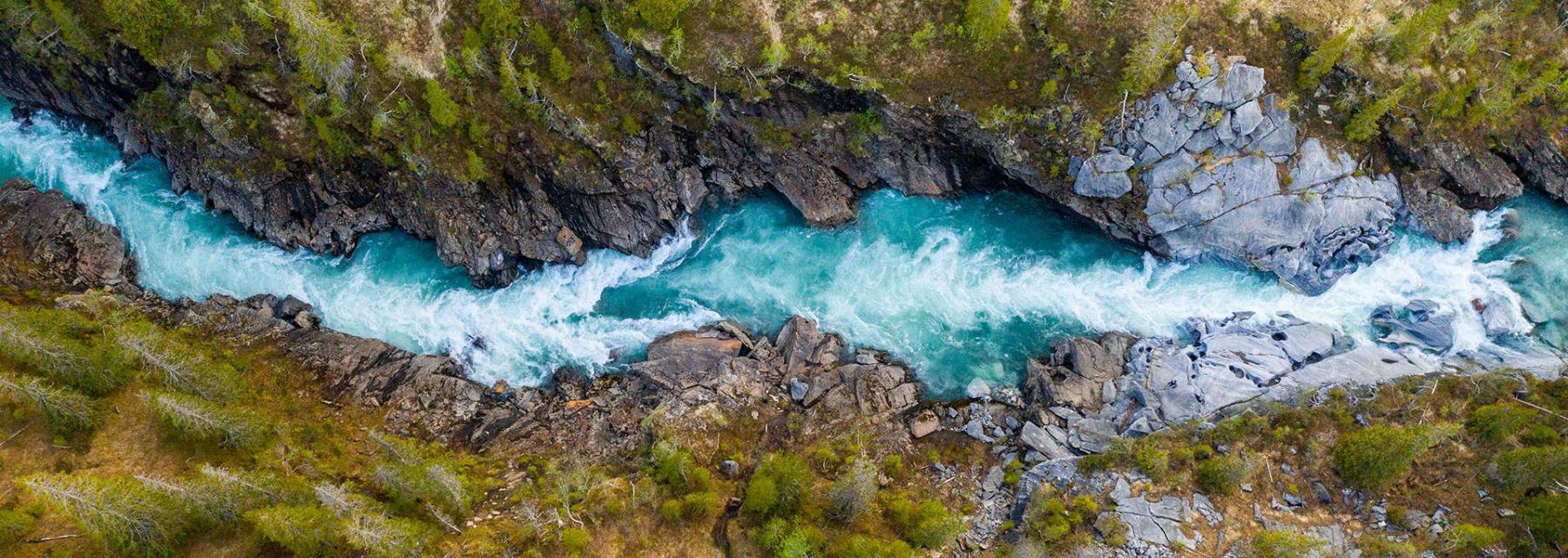
Oil and Water Don’t Mix: Engineering a Solution to Clean Up an Oil Spill
by Jaime Camero
Students will construct a model of an ocean habitat to simulate an oil spill. They will then make observations about the behavior of the oil in the water and on the various items in the habitat model. They will use their observations to test out different materials to clean up the oil and put multiple materials together to clean up the oil in the habitat model. This unit includes four lessons with an accommodation for two lessons of time does not permit.
Lesson Grade Level
6th GradeLesson Plan Link/URL
https://docs.google.com/presentation/d/1eSPA_doXq6yeOd_nZlE2zZPhm4Y0Imnv/edit?u…Subject Area
Science Life Science L2: Organisms & Energy Technology 3. Knowledge Constructor 5. Computational Thinker 6. Creative Communicator Engineering S2: Apply the Engineering Design Process S3: Apply Mathematics to Engineering S4: Apply Science to Engineering S5: Apply Technology to Engineering S6: Apply Communications to Engineering S7: Apply Project Management to Engineering English Language Arts (ELA) Reading (Informational Text) Writing Speaking & Listening
Featured
Off
Related Content

Grades:
Kindergarten, 1st Grade, 2nd Grade, 3rd Grade, 4th Grade, 5th Grade, 6th Grade, 7th Grade, 8th Grade
Most students are likely familiar with popular films like Happy Feet, Surf’s Up, Penguins of Madagascar, and classic books like Mr. Popper's Penguins. Capitalizing on this familiarity with penguins

Grades:
2nd Grade, 3rd Grade
Students will research a biome around the world, including 3 animals, 3 plants, and 3 nonliving parts of the ecosystem. Students will construct a diorama of the biome and illustrate a natural disaster

Grades:
9th Grade, 10th Grade, 11th Grade, 12th Grade
This STEM Argumentative Research Project engages students in exploring the scientific, ethical, and societal implications of themes in Mary Shelley's "Frankenstein." Students will work in groups to

